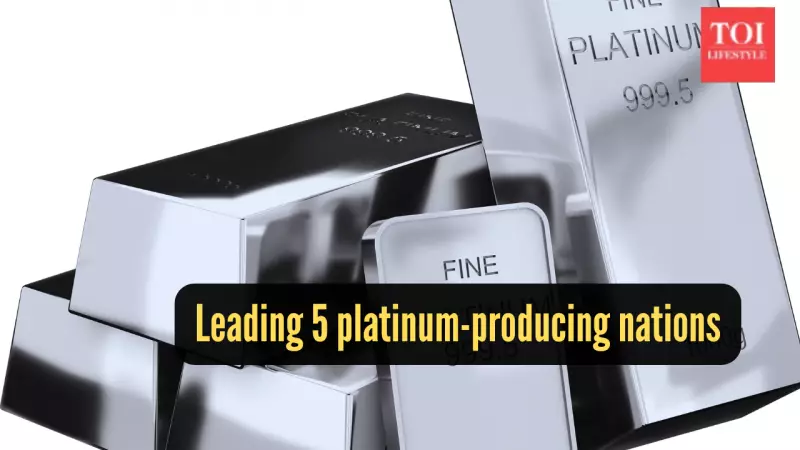
The Indian government has taken decisive action to curb misuse of free trade agreements by imposing immediate restrictions on imports of specific platinum jewellery categories. The new measures will remain in effect until April 30, 2026, requiring importers to obtain special licences from the Directorate General of Foreign Trade.
Immediate Policy Shift from Free to Restricted
In a significant move announced on Monday, the Directorate General of Foreign Trade revised the import policy for select platinum jewellery items from 'Free' to 'Restricted' category with immediate effect. This fundamental change means businesses can no longer freely import these goods without proper authorization.
Under the new regulations, importers must secure a DGFT licence before bringing these platinum jewellery products into the country. The restrictions specifically target categories where authorities have observed systematic abuse of trade agreements.
Targeting ASEAN FTA Exploitation
Government officials revealed that the decision follows multiple instances where traders exploited duty differentials under the India-ASEAN Free Trade Agreement. The practice involved channeling precious metals into India disguised as unstudded jewellery to circumvent proper tariffs.
Thailand, a key ASEAN member nation, has been identified as a primary source where such questionable trade practices were frequently observed. An official directly involved in the matter stated that some traders were attempting to use the FTA provisions to make quick profits by exploiting the duty differences.
We are learning from all these rules used by the trade and trying to see that the rules of origin provide mechanisms that can address it without getting into these kinds of notifications in future, the official noted, emphasizing the government's proactive approach to closing loopholes.
Consistent Pattern of Trade Safeguards
This recent action mirrors similar steps taken by the government in September, when restrictions were imposed on select silver jewellery imports until March 31, 2026. The consistent pattern demonstrates India's strengthened vigilance against trade agreement misuse, particularly in the precious metals segment.
India originally signed the ASEAN FTA in goods back in 2009 and has been continuously monitoring implementation gaps that enable tariff circumvention. The government's approach reflects a balanced strategy of promoting legitimate trade while preventing systematic abuse that harms domestic industry and revenue collection.
The latest notification serves as another protective measure in India's evolving trade policy framework, ensuring that free trade agreements serve their intended purpose rather than becoming conduits for regulatory arbitrage.






